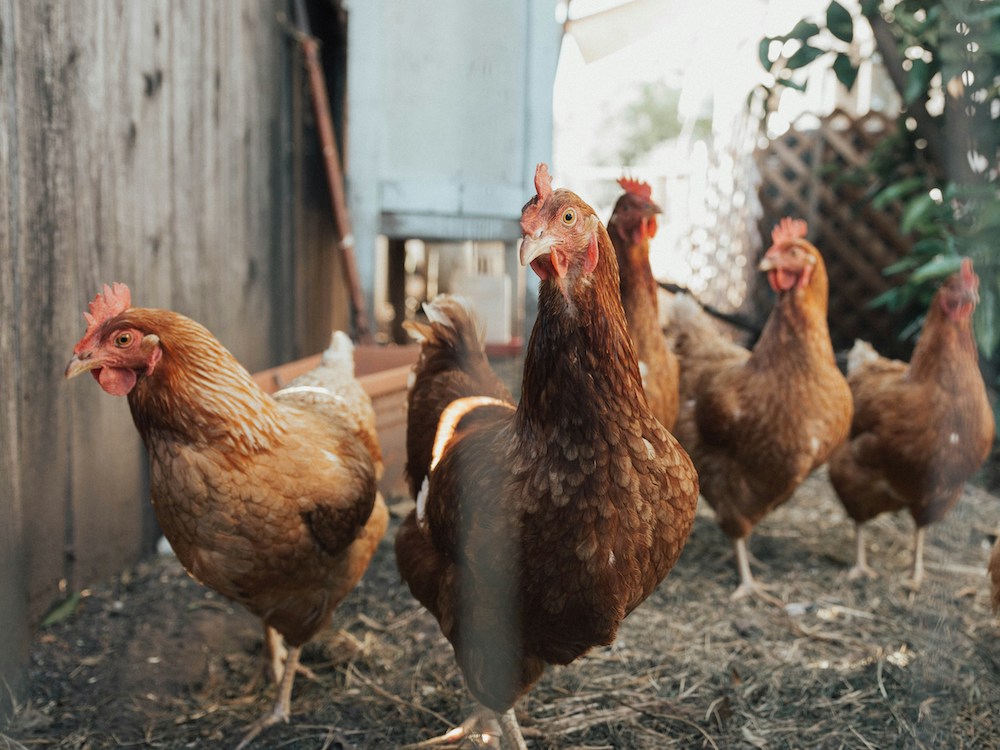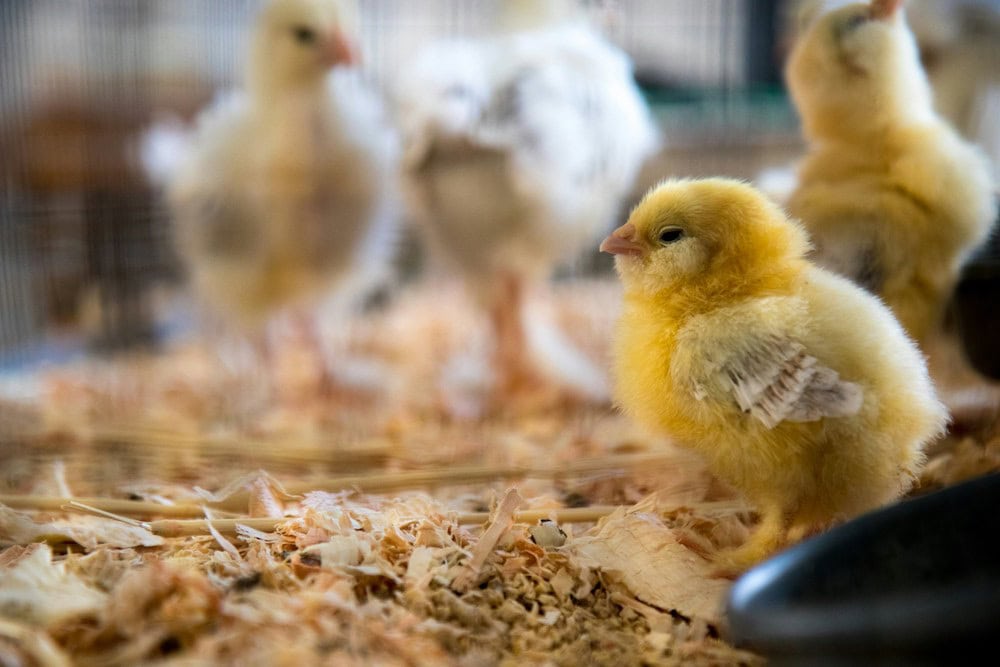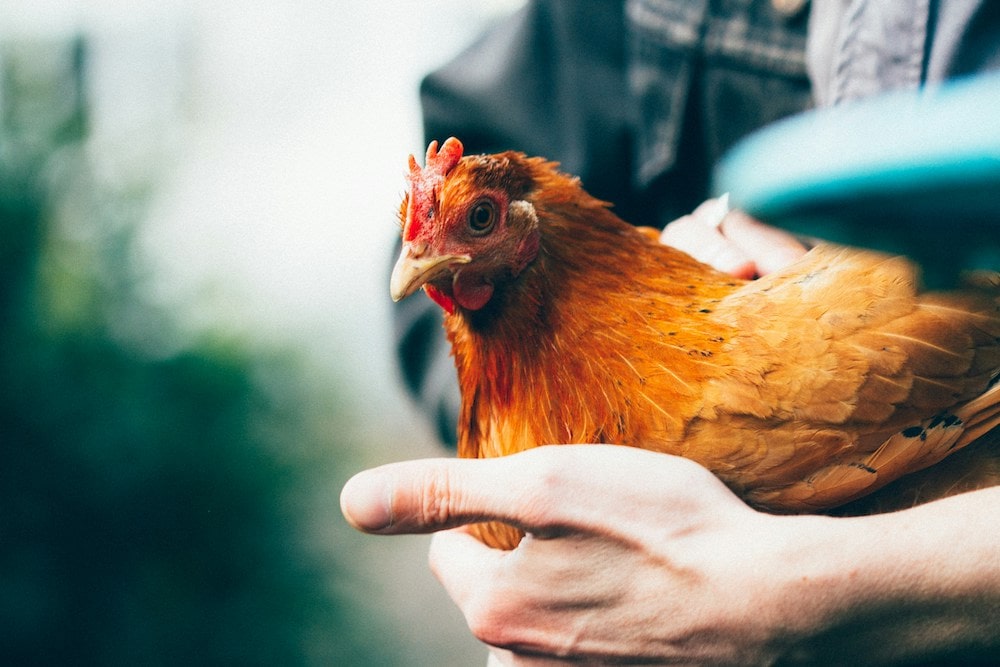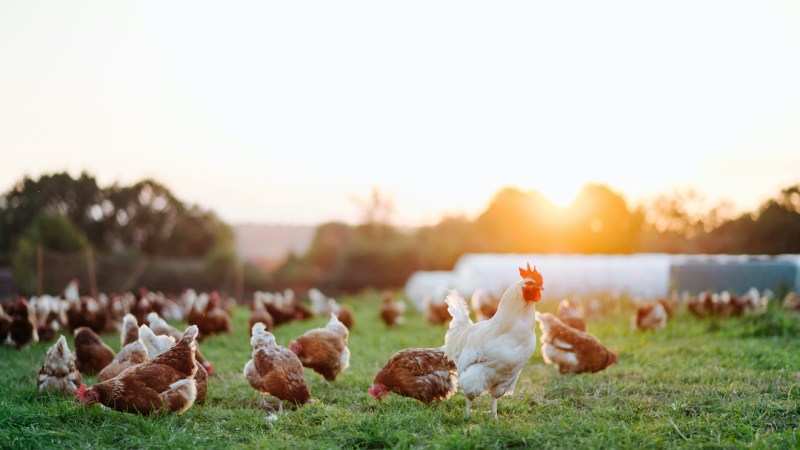NSW Farmers has welcomed the NSW Government's commitment to offering half-price quarantine costs for overseas…
Avian Influenza outbreak sees half a million chickens culled

NSW poultry farmers advised to be alert but not alarmed.
Two outbreaks of avian influenza on Victorian poultry farms have farmers on alert. The two detections – at Avgo Eggs in Meredith and Surf Coast Eggs in Terang – have resulted in more than 500,000 birds destroyed to contain the spread.
The H7N3 strain, a highly pathogenic version of bird flu, was initially detected at Avgo Eggs on May 22. This strain is the most commonly occurring variant in Australia.
Following the Avgo Eggs outbreak, as part of standard biosecurity measures, Agriculture Victoria began monitoring the owner’s other farm, Surf Coast Eggs, near Terang, where a different strain of the virus was discovered – H7N9.
To prevent further transmission, a 5km restricted area was established around the Meredith property, while a 1.5km exclusion zone was placed around the Terang site. Movement of poultry and equipment was strictly regulated and only allowed by authorised personnel.
Additional movement controls and surveillance were being enforced within a 15km radius of the properties, with permits required for transporting poultry, poultry products, and equipment.

This marks the ninth recorded outbreak of avian influenza in Australian poultry farms. The last outbreak occurred in Victoria four years ago, originating at a farm in the state’s west, while NSW has been free from the disease for more than a decade.
All poultry and bird owners were urged to adhere to biosecurity practices, including maintaining cleanliness in poultry sheds, yards, and equipment, and minimising contact between poultry and wild birds.
Meanwhile, a low pathogenic H9N2 strain was detected in WA last Thursday. The WA Department of Primary Industries confirmed this strain was not the more serious H5 high pathogenicity avian influenza associated with disease in poultry overseas – nor was it the H7 high pathogenicity avian flu currently being managed in Victoria.
The WA and Victorian cases were not believed to be linked.
NSW Farmers Poultry Meat Manager Dave Banham said it was important to remember that there was no need for alarm and to seek advice from the experts.
“Avian flu has been handled in Australia before. When I came to NSW Farmers in 2012 as a Regional Services Manager I had some experience with bird flu, just watching from the sidelines as one of our members went through the issue,” Mr Banham said.
“It’s an infectious disease. So, you need to be on the lookout for any of the signs and symptoms of bird flu, such as they become lethargic, they don’t eat or drink much, or if they’re unusually quiet. If you’ve got egg layers, and there are changes in the eggs, such as pale shells, or there might be changes to their appearance, such as changes to their heads or combs. Or that they actually look unwell. Those are the signs to look out for.
“Of course, if the birds start dying, that’s a significant warning sign. Essentially, any change in the birds should be noted.”

Mr Banham said if anyone noticed anything unusual about their flock, the best course of action was to contact the emergency animal disease hotline or Local Land Services.
“These agencies are well-equipped to handle such situations. It’s better to be cautious and report any suspicions, similar to the early days of COVID-19,” Mr Banham said.
“For farmers and backyard poultry keepers, maintaining biosecurity is crucial. This includes entry and exit logs, wheel washing facilities, foot baths, and rodent control measures. Poultry farmers are typically good at managing these protocols.
“For backyard poultry, it’s essential to wear different boots and wash clothes before checking the birds to prevent any potential spread of the virus. Controlling an outbreak in backyard poultry would be much harder.
“Overall, our message to farmers is to stay alert but not alarmed. If you’re even slightly worried, contact the emergency animal disease hotline. Keep an eye out for any changes in your flock’s health, such as a decline in feed and water consumption and quieter behaviour.”
If you are concerned about your birds, you can notify by phoning your private veterinarian; the Emergency Animal Disease Hotline on 1800 675 888 (monitored 24 hours a day, 7 days a week); or your Local Land Services District Veterinarian on 1300 795 299.
For more on biosecurity, read about Australia’s new landmark biosecurity initiative here.






